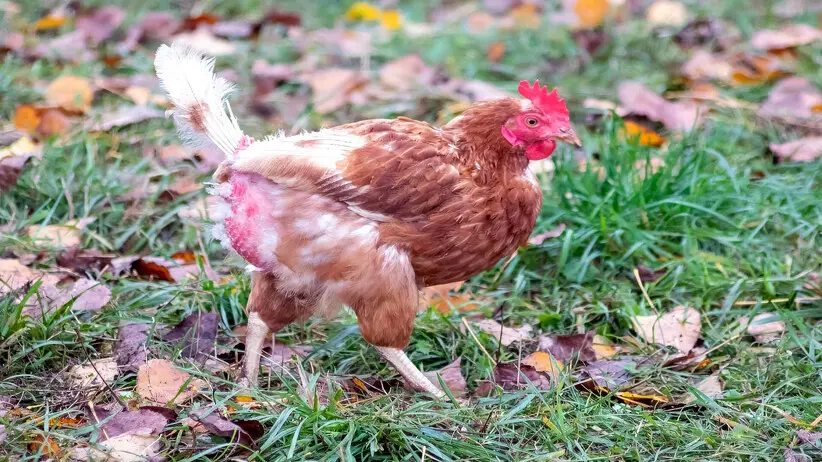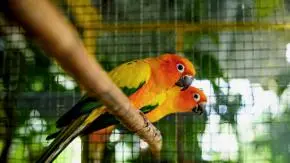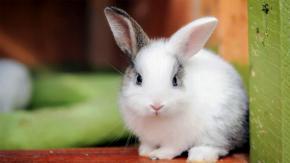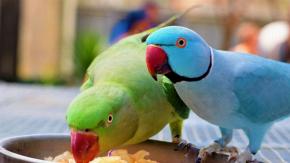Feather loss in backyard chickens can be alarming for chicken owners or chicken keepers. You look out to the coop, and instead of seeing fluffy, fully-feathered hens, you notice bare patches and exposed skin on your chickens. What happened to their body feathers and the base of the tail? Is this normal, or should you be concerned?
In this blog post, we’ll cover the common reasons backyard chickens lose feathers and when it’s time to worry. Chickens naturally moult and replace their own feathers annually, which leads to some loss. But sometimes, feather loss indicates issues like stress, bullying, parasites, or health problems.
We’ll outline the tell-tale signs of a normal moult versus worrisome feather loss. You’ll learn when to address the problem yourself when to call a vet, and how to prevent excessive feather loss in your flock. No more staring perplexed at bald chickens - this post will help you understand the most common causes of feather loss to get your birds back in fluffy form.
9 Main Reasons for Excessive Feather Loss
Chicken feather loss can stem from a few key causes. In this section, we’ll overview the top reasons backyard chickens may experience excessive plumage loss and what you can do about it. Read on to learn the distinguishing signs of each cause and how to get your birds growing glossy plumage again.
1. Moulting
Moulting is the natural, yearly shedding and regrowth of feathers in chickens. During a moult, scattered feather loss is normal as new ones replace old feathers.
Molting typically happens in late summer or fall and lasts 6-12 weeks. Hens stop laying eggs as their energy goes to new feather growth.
Look for emerging pinfeathers in bare spots. Provide extra protein through chicken feed supplements to support feather regrowth.
Chickens lose body, wing, and tail feathers as they moult and at random times. Moulting causes temporary feather loss but is a normal process. Be patient, support nutritional needs, and the feathers will return.
2. Overcrowding
Overcrowded coops can trigger feather loss. Too many chickens in a small space leads to increased stress and competition. Chickens may fight and bully, pulling out each other’s feathers.
Provide each chicken with at least 3-4 square feet of coop space. Give them ample room to roost, eat, and move around comfortably.
Reduce flock density or expand the coop if needed. Adding roosts, privacy boxes, and visual barriers can also help reduce stress from crowding. Improving conditions will minimise fighting behaviours leading to plumage loss.
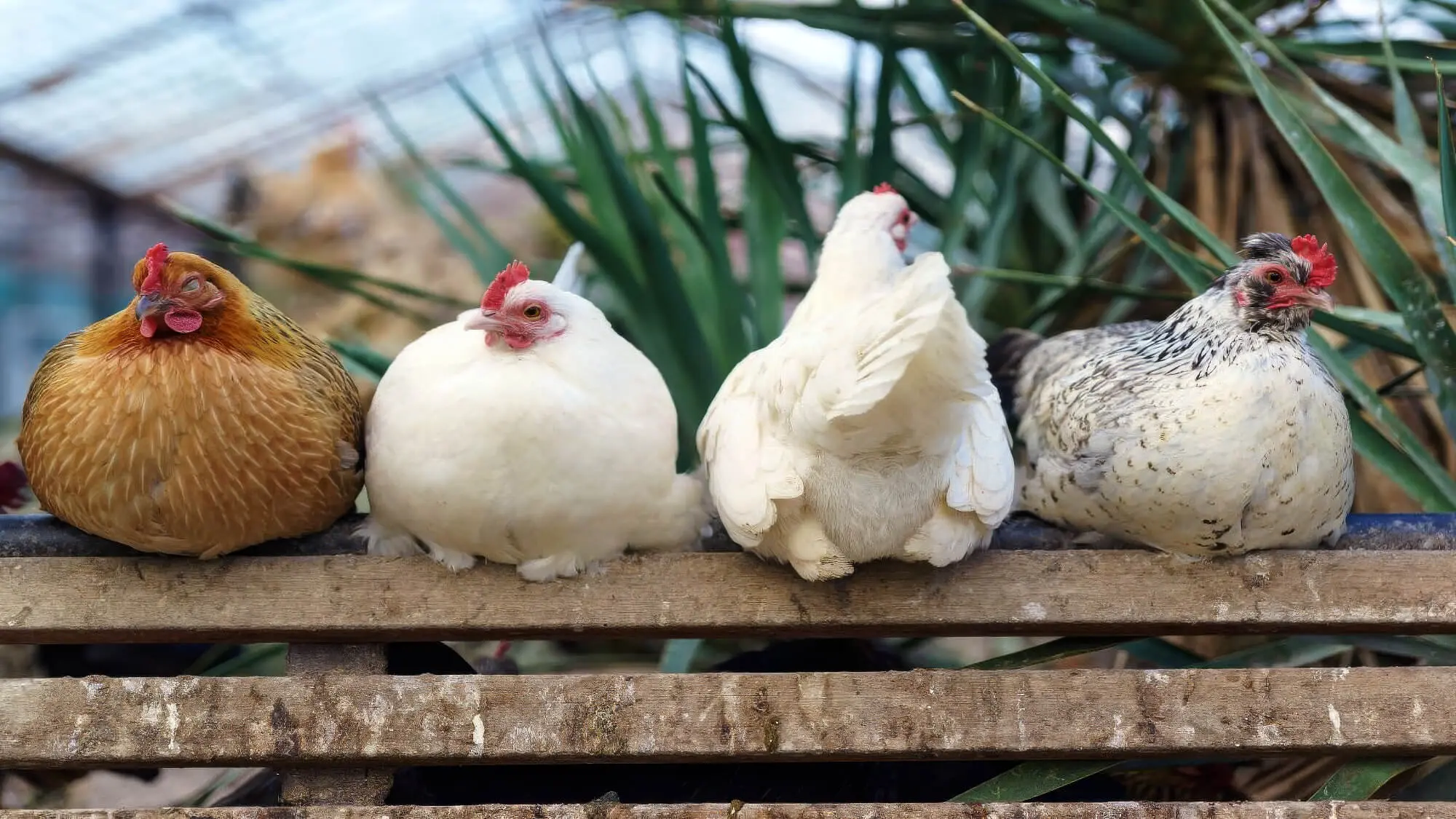
3. Parasites
External parasites like mites and lice (they often look like small black, red or ‘mustard colour' dots) can cause feather loss and skin irritation. Check for tiny bugs or eggs around the vent, under the wings, and on the skin.
Treat parasites by dusting birds with poultry-safe insecticide powder. Clean the chicken coop thoroughly.
Isolate and treat any visibly infested chickens. Parasites spread quickly in flocks, so inspect all birds closely and treat them multiple times.
Removing parasites will help relieve itching and allow feathers to grow back. Continue monitoring for re-infestation.
4. Diseases
Certain poultry diseases cause feather loss along with other symptoms. Fowl pox, Marek’s disease, and infectious coryza can lead to plumage loss.
Look for other signs like lesions, respiratory issues, diarrhea, or paralysis. Isolate sick birds immediately.
Consult an avian vet to diagnose and treat illness. Many poultry diseases are contagious, so act fast to prevent spread.
Prevent disease outbreaks through biosecurity measures, vaccinations, and stress management. Get sick birds treated to resolve feather loss.
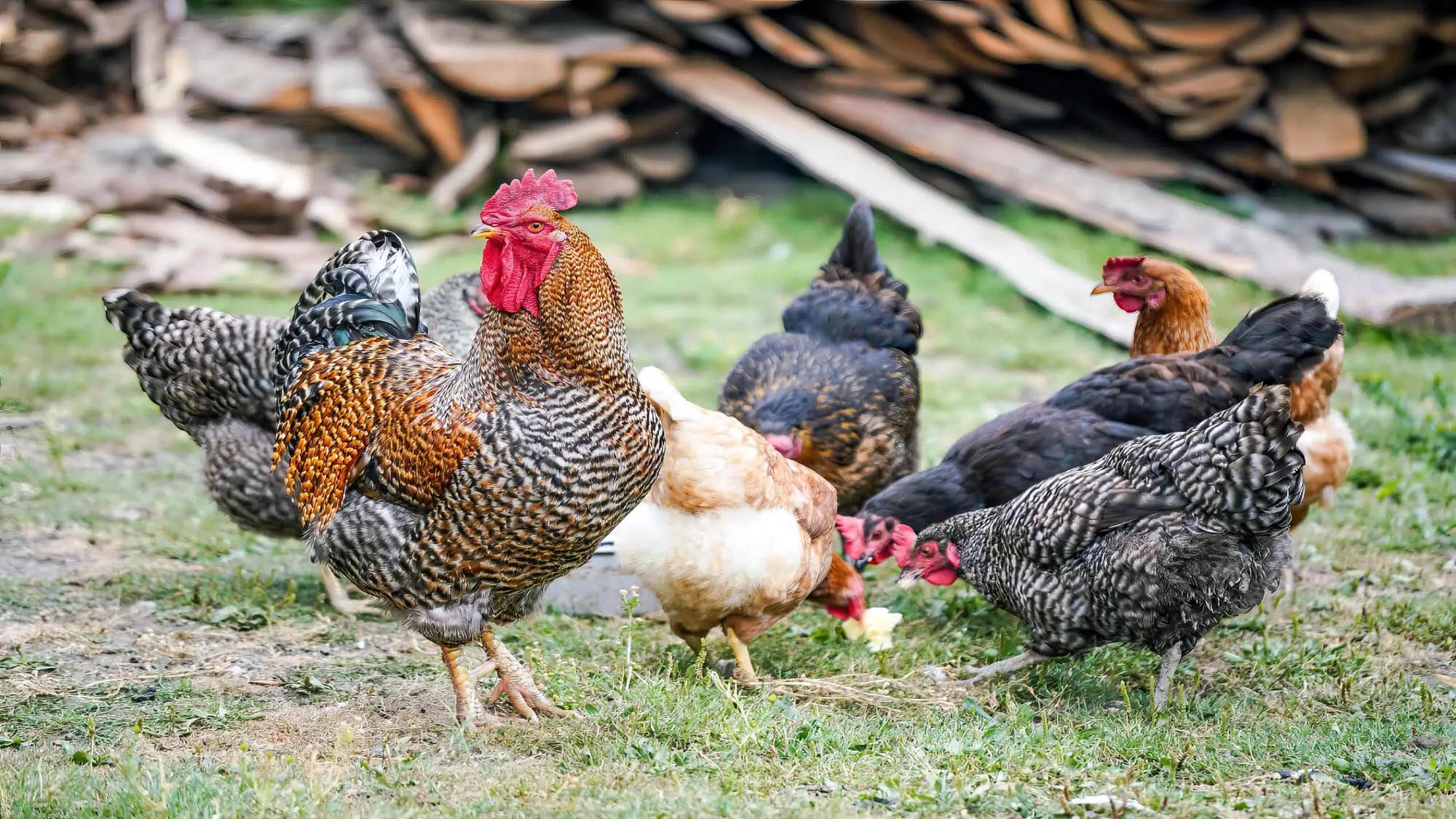
5. Poor Nutrition
Nutritional deficiencies can hinder feather growth and cause loss. Ensure feed has proper amounts of protein, methionine, cystine, and B vitamins. Supplement with greens, sprouted grains, or high-protein treats if feed lacks nutrients. Their bodies use an enormous amount of protein to regrow feathers – feathers are 85 per cent protein.
Free feed so birds graze throughout the day. Provide insoluble grit to aid digestion.
Correcting diet will help improve plumage quality over time. Offer a balanced diet supporting good health and feather growth.
6. Stress
Stress from any source can trigger feather plucking and loss. Overcrowding, moving coops, adding new chickens, losing flock mates, boredom, heat, and predators can cause stress.
If your hen has turned into a broody hen and you have no intention of using her to hatch eggs, it’s important to break the broody behaviour. Minimise stressors when possible. Make sure chickens have adequate space for enrichment items, and move gradually.
Reduce conflict by separating aggressive birds. Provide ample food, water and cover so chickens feel secure.
Relieving stress will help decrease damaging feather-picking behaviours leading to plumage loss.
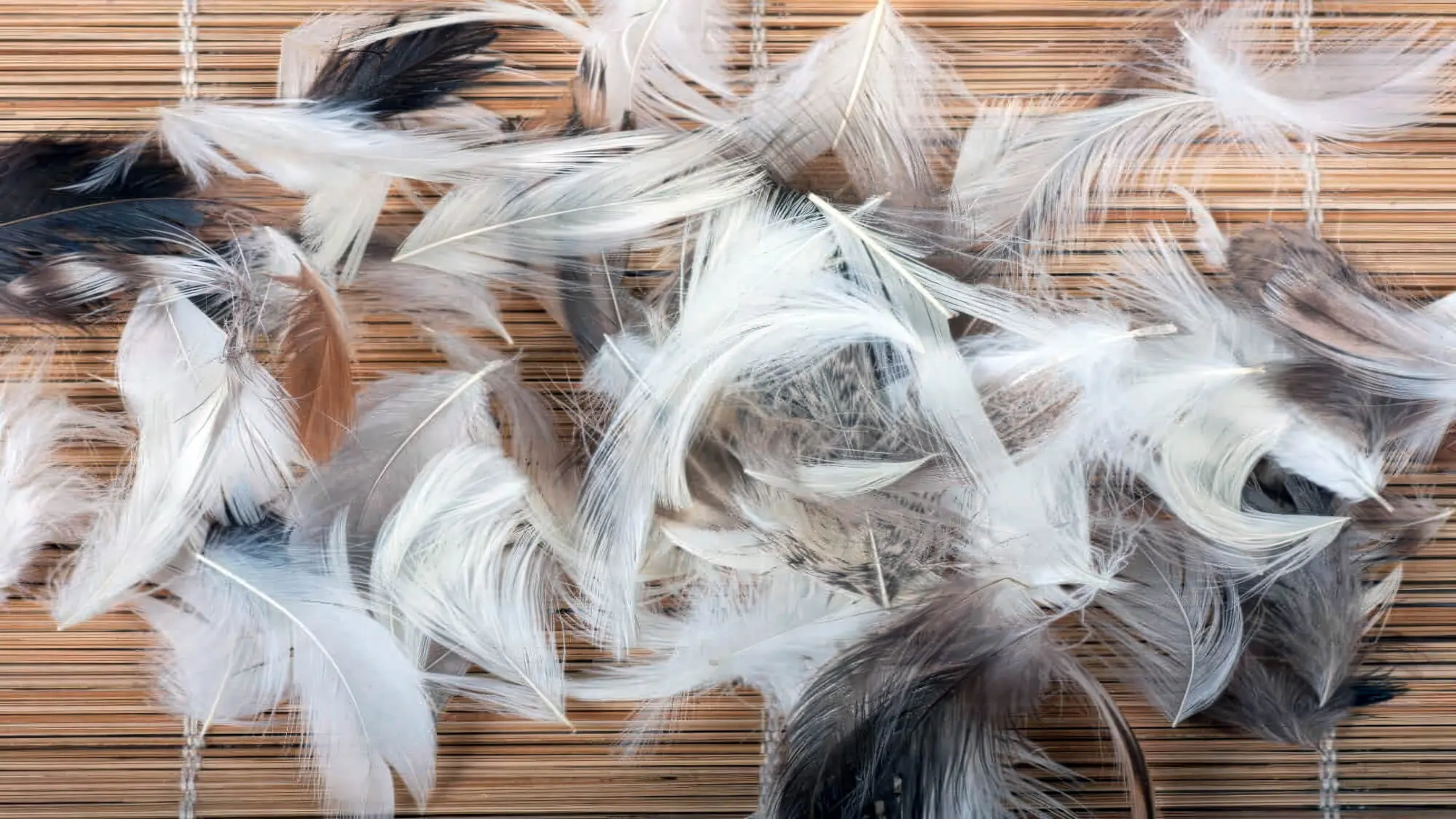
7. Predators
Predators can cause sudden feather loss if chickens are caught or attacked. Missing feathers may indicate a close call.
Secure the coop and yard from predators. Check for openings or dug-under areas.
Bring chickens in an enclosed run or coop at night. Use lights and sounds to deter nocturnal predators.
Eliminating access helps prevent scary predator encounters leading to feathers ripped out by the chicken or predator.
8. Improper Handling
Rough handling of chickens can lead to lost feathers and bald spots. Handle birds gently, supporting their body weight.
Avoid grabbing feathers to pick up chickens. This can painfully rip out plumage.
Teach children proper techniques for holding chickens calmly with both hands. Being gentle when handling chickens will help prevent damage to growing feathers.
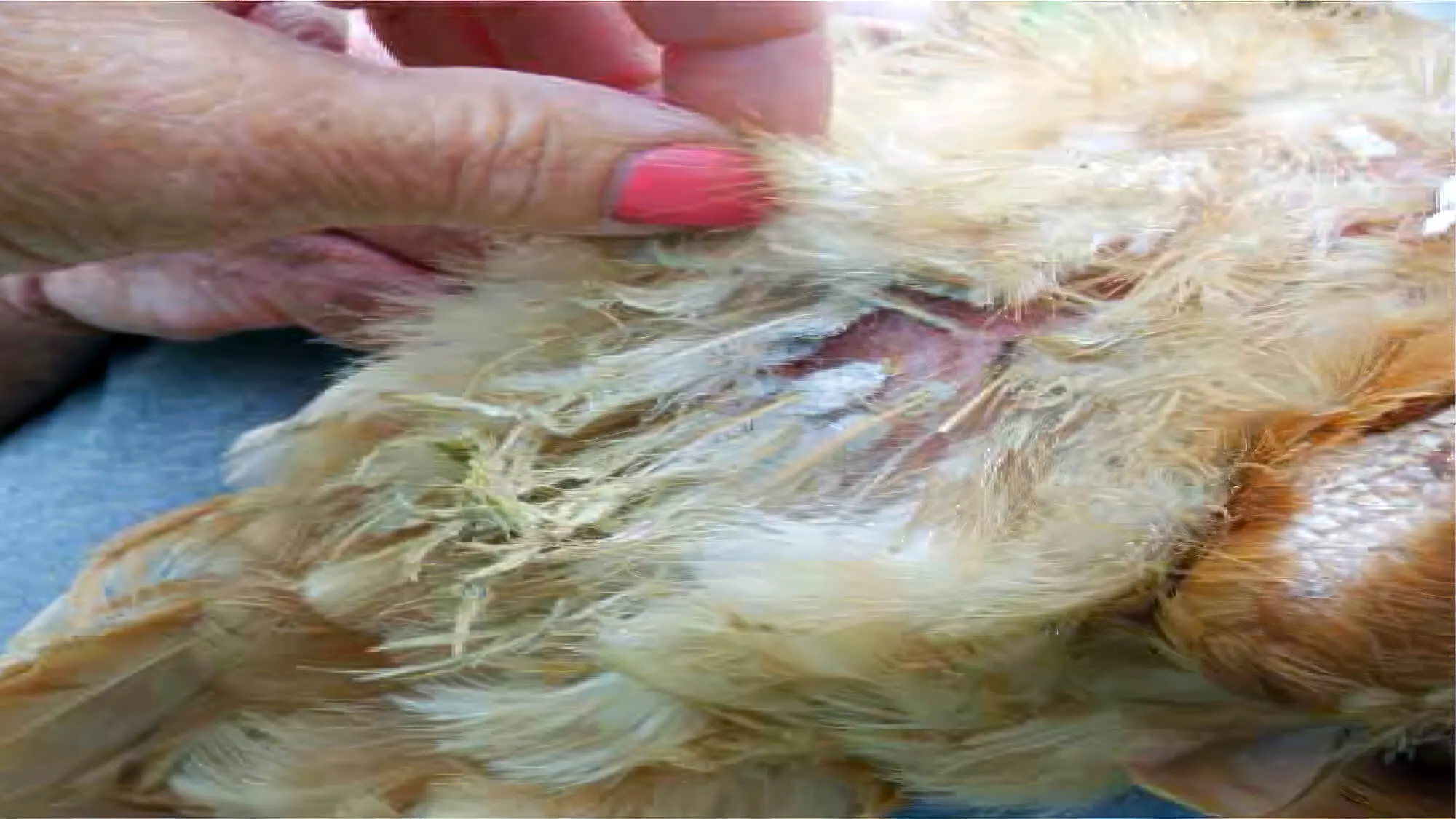
9. Preening
Preening is an important grooming behaviour for chickens. They use their beak to spread oil on their feathers to clean and condition them.
As chickens preen, they also remove broken feathers. Broken feathers can get tangled in healthy plumage. Chickens nibble away the quill of broken blood feathers and extract loose, broken ones.
Finding some small broken feathers in the coop is normal from preening. However, excessively broken feathers may indicate an issue like stress, nutritional deficiency, or illness affecting feather strength.
Preventive Measures and Treatment Options
Once you’ve identified the underlying cause of abnormal feather loss in your flock, there are several things you can do as a chicken owner to help your birds regrow healthy plumage and prevent future damage. Take a proactive, multi-faceted approach by addressing the source issue, providing supportive care for new feather growth, and protecting emerging pin feathers.
First and foremost, eliminate or minimise the root stressor, injury, or illness leading to feather loss. For example, thoroughly clean and disinfect the coop if parasites are the issue. Remove aggressive birds bullying others if overcrowding or pecking order disputes are the cause.
Consult an avian vet and isolate sick chickens if disease is suspected. Make sure predators cannot access housing at night. Address nutritional deficiencies with a balanced diet. Essentially, correct the problem at its origin to stop continued plumage damage.
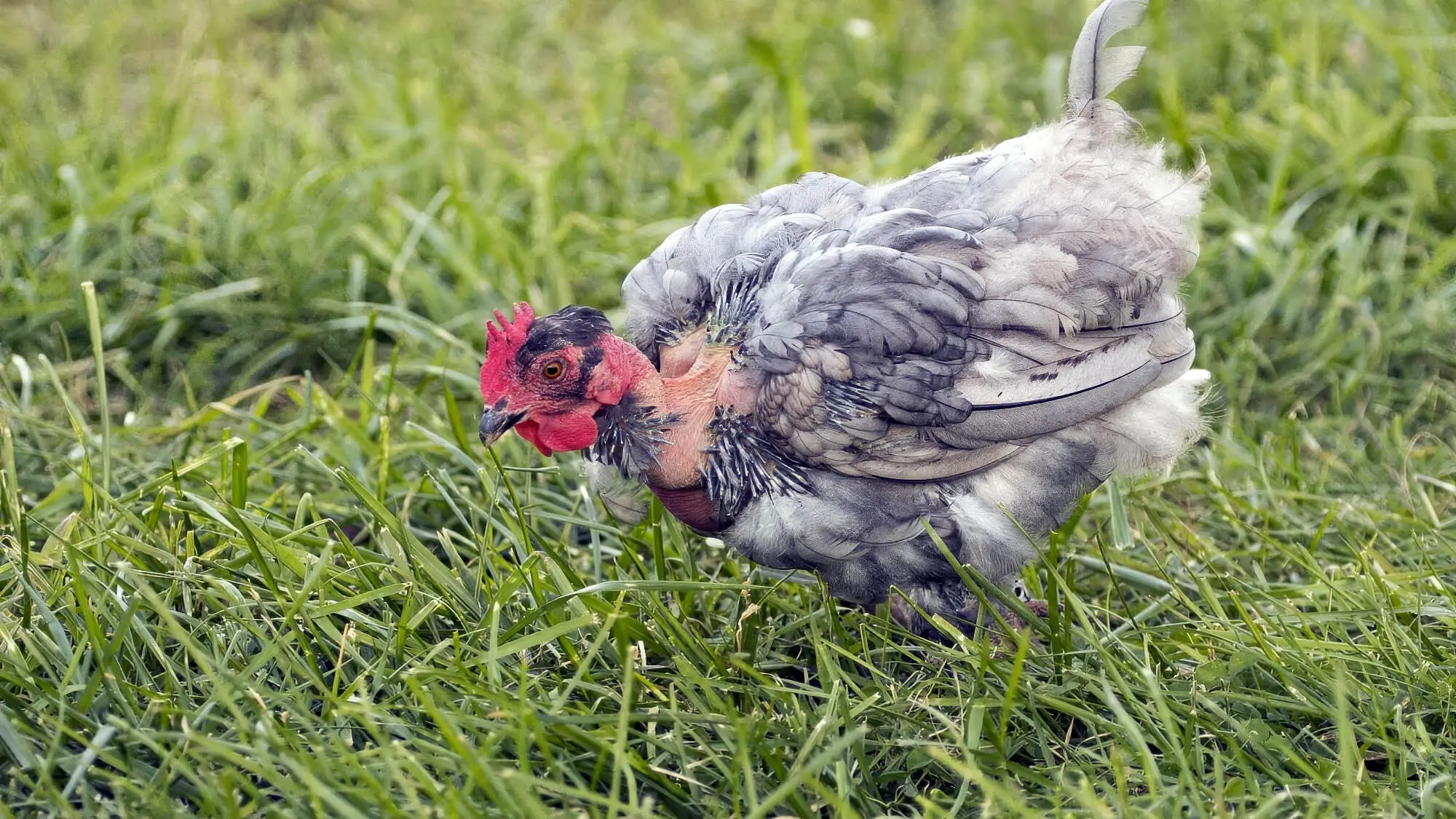
Next, focus on providing nutritional support and protective coverings during the regrowth process. Feather regeneration requires substantial protein and nutrients. Offer extra protein sources like mealworms, fish meal, legume sprouts and high-quality feed during moulting periods and while new feathers develop.
Supplement vitamins E, A, and B complex. Apply petroleum jelly or anti-pick aprons to deter chickens from picking at fresh pinfeathers. Protect bare areas from sunburn or frostbite with hen saddles if needed until plumage returns.
Finally, be patient and allow proper time for feathers to cover any bare spots fully. The process is gradual, taking 4-8 weeks typically for full plumage recovery. Avoid pulling at or plucking developing blood feathers yourself, as this can damage follicles and prolong the process.
With diligent care, prevention of the underlying issue, and management during the regrowth phase, your chickens' feathers should make a healthy, complete comeback.
Get to the Root of Feather Loss and Help Your Flock Regain Its Fluff
There are many potential reasons for abnormal feather loss in backyard chickens. By identifying the underlying cause and taking corrective action, you can help your flock regrow healthy, complete plumage.
Be sure to rule out parasites, overcrowding, nutrition issues, diseases, predators, and other stressors that can trigger picking behaviours and impact feather quality. With attentive care and management, your chickens' feathers should return to their natural, full, fluffy glory.
If you need products to help your chickens through moult and deter picking, be sure to visit Planet Pet. We offer a wide selection of poultry supplements, protective aprons and salves, pest control powders, premium feeds, and more to get your flock back in top feathered form.
Our knowledgeable staff can also advise you on the best solutions for your chicken’s situation. Stop by your local Planet Pet store or shop online today and get what you need to stop feather loss in its tracks. We look forward to helping your beloved chickens feel - and look - their absolute best!

